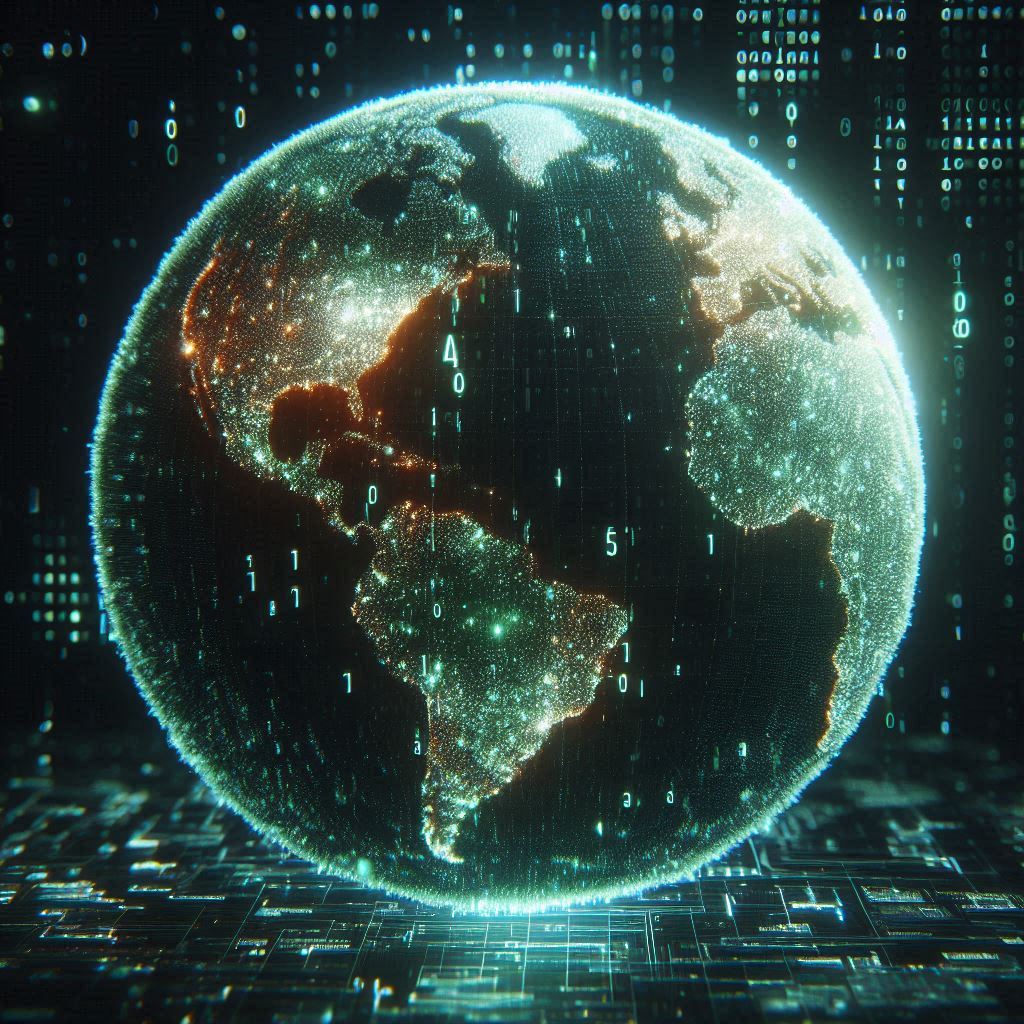Your cart is currently empty!
Tag: Reality

The New Real of the Unreal
As you may have gathered from previous posts, I am in the process of semi-rejecting The New Real of the Unreal. Artificial intelligence has arrived, and if we are not careful, then we stand to lose much, perhaps even our sanity.
For what is sanity apart from a firm connection to what is real? What is “real”, but surely that which is firmly believed to be the truth, firmly believed, that is, across the shared collective.
Of course, we can argue that our relationship with “truth” has always been fairly circumspect. Since the printing press, our “shared reality” has been a pushed reality that reflects the thoughts and observations (potentially) of a relatively small proportion of the population. Without adequate safeguards in place, if they are indeed possible, the idea of “truth” can be warped.
Which is why locality is so important. Can we really experience, or believe, truth without verification? If something is local, eg. a newspaper, then we can verify the stories with the environment to an extent. We can talk to people, we can visit localities.
And so what we find is that truth itself doesn’t travel long distances well. In fact, we are taught this from a young age through the game (rather inappropriately named) “Chinese Whispers”. Of course, not many consider the massive implications of this game, what this itself means about reality. And this is just in the physical realm. What are the implications for the digital realm?
Concentrating a little more on the physical, we could be ignorant individuals, and focus our efforts entirely within a very local sphere, but the issue with this is that we live within an interconnected world, where events in far off places can affect our little localities. We need trade, we need security, we need to look after those who are less fortunate. With this in mind, there needs to be a trust handover to those who are in control. To those who control the information.But can we indeed trust those in control of the information? For that, we need to analyse what is valuable to those in control. This is perhaps too broad a topic to consider in this post. We could say that each individual is valued for the unique person that they are, existing in a potentially infinite universe. Could say… Or we could be a little more pessimistic, and say that each individual is really a measure of economic potential. And this is where, in our current climate, things can start to get a little tricky. Because with AI, that economic potential is starting to look like it is a lot less than it was maybe 10 years ago.
But where does this all fit in with reality? This is the area I would like to explore a little more of over the next series of posts. I’ll start by saying that the digital world seems to be morphing into a product of imagination, rather than a reflection of the real, physical world. This is a problem, because people seem to have the idea that it is the latter, taking at face value what they read and see on the internet. With the advent of AI, there will soon be literally no way to discern fact from fiction online. The technological pace is frightening. The ability to manufacture “reality” is so profound, that we must also ask ourselves some very serious questions, such as, how long has this technology really been in existence?; how much of the internet has always been fabricated?; could a technological hegemony appear, or have already been in existence for a very long time?. We can see that there are multiple avenues for “reality” and our sanities to become frayed.
As an artist (although just a photographer), I am keen to begin to explore modern reality. What I like about photography, particularly film, is that at least I can be reasonably certain (bar some metaphysical internal discussions on whether matter really exists) that I have a snapshot of what is real, through the negative. But how, as an artist, can I begin to share this reality with others? How can we prove reality? Because I think that the future is going to bring with it a need for physicality. People are going to need to hold onto a physical item in their house whilst repeating, “This is real. This is real…”. How are we going to help people stay grounded, and encourage them to embrace physicality?